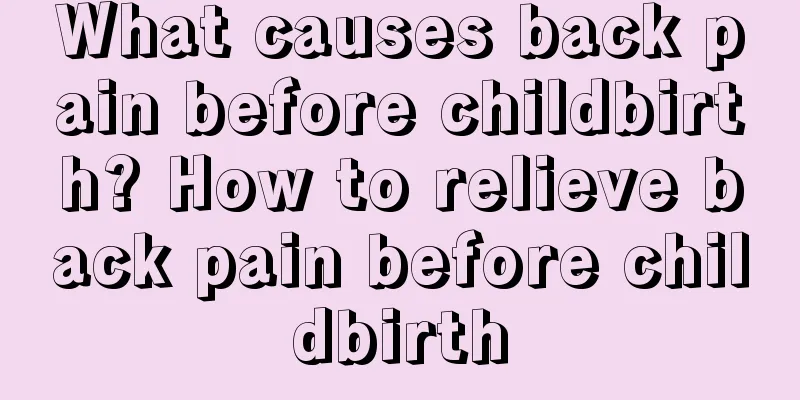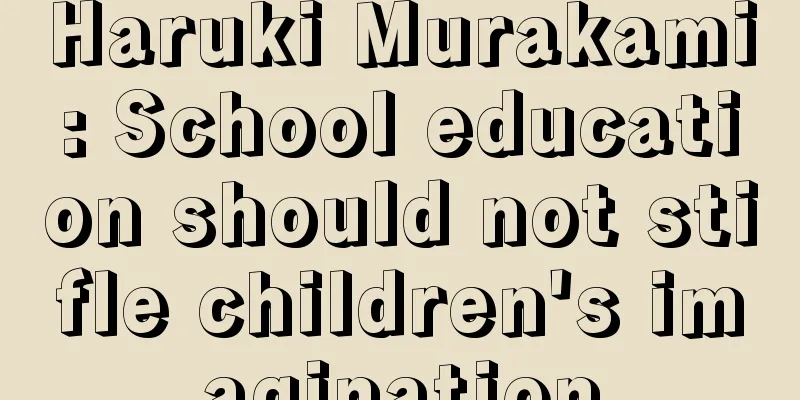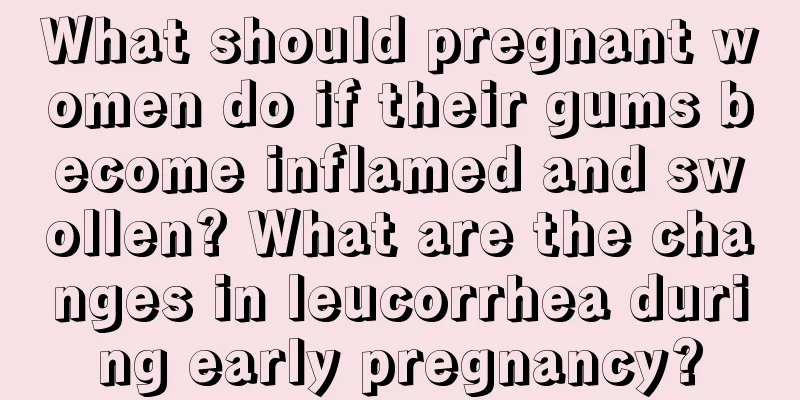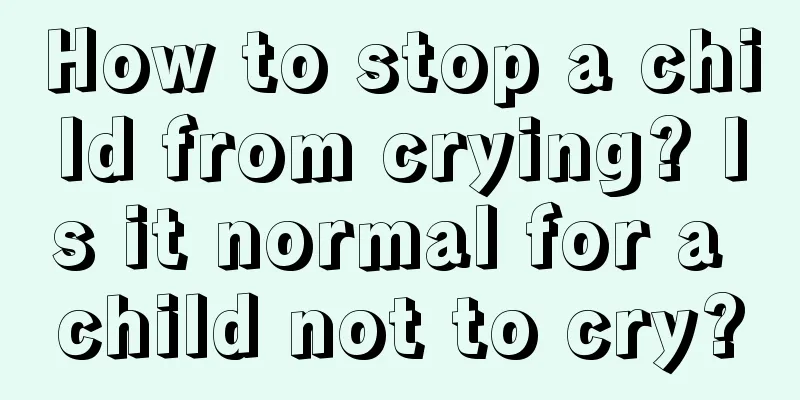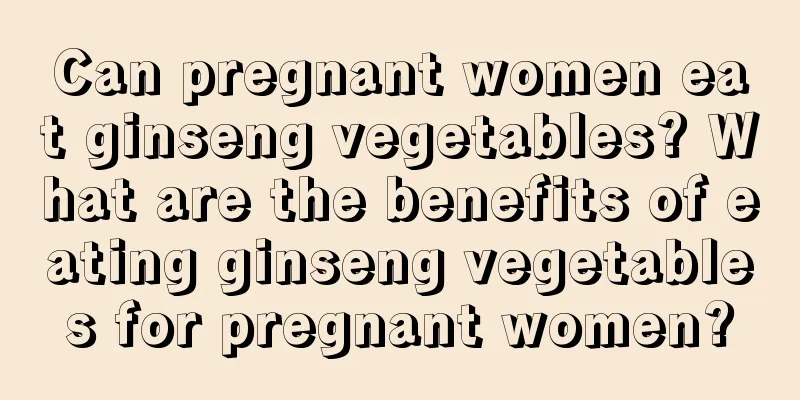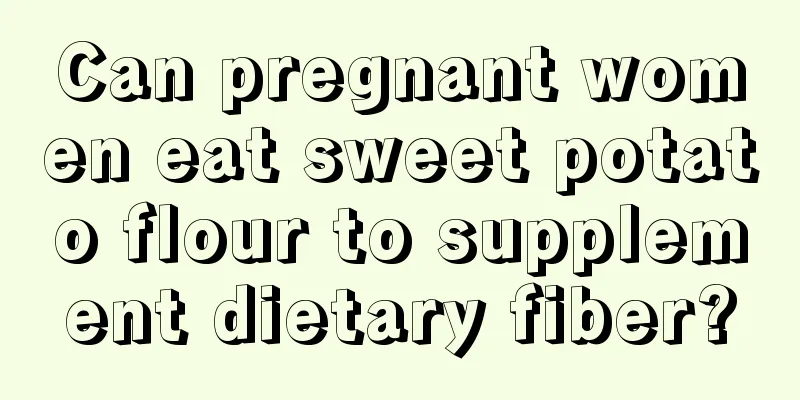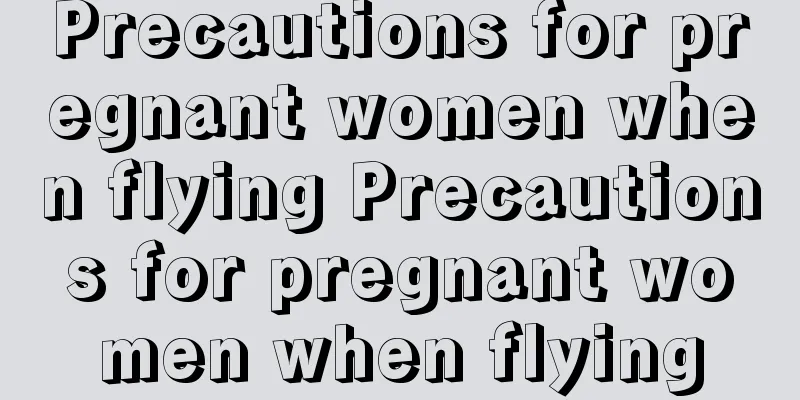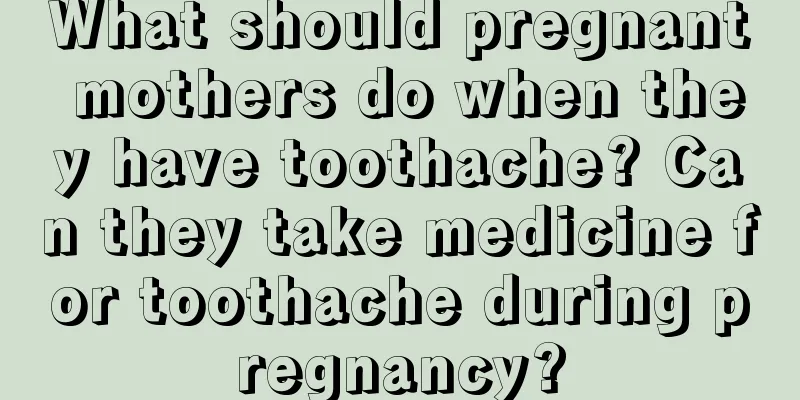What is the use of nebulization for babies? How many times a day can babies be nebulized?

|
When the baby is sick, parents are always very worried and rush to send the baby to the hospital. At this time, the doctor will recommend the baby to do nebulization treatment, so what effect does nebulization have on the baby? What is the use of nebulization for babies?Because the function of nebulization is to reduce phlegm and expel sputum, nebulization therapy has fewer side effects than other treatment methods. If infants and young children are weak and take medicine frequently during their growth, it may have adverse effects on other organs of the body. However, nebulization therapy will target a single organ for drug treatment and use drugs in a targeted manner to help the patient recover as soon as possible. How many times a day should babies be nebulized?Usually twice a day, nebulization can help expand the respiratory tract, improve the smoothness of breathing, and help dilute the phlegm in the throat, helping to cough or inhale it. But nebulization should not be too frequent, usually once or twice a day can achieve the effect, each time for ten to twenty minutes, and the interval between nebulization should be longer, so that it can work. How long does it usually take for a baby to be nebulized?The nebulization method is relatively effective in treatment, and the main side effect is very small. Therefore, many parents will use the nebulization method to relieve their children's coughing symptoms. The nebulization time of children is generally controlled at about 10 to 15 minutes. It takes about 3 to 7 days of nebulization to relieve the coughing problem, but the specific time is also determined according to the condition of the disease. Disadvantages of baby nebulization therapyMany parents are worried that nebulization therapy will have certain side effects. The adverse reactions of nebulization therapy are relatively small and generally do not affect children's growth and development and bone metabolism. However, some patients may have fungal infections in the mouth due to improper use of the instrument during nebulization therapy, causing patients to have varying degrees of oral ulcers and pain. Therefore, infants and young children should rinse their mouths in time after nebulization therapy. Some patients may experience varying degrees of headaches, nausea, vomiting, tachycardia, etc. after nebulization therapy. These are generally symptoms caused by overdose, so medication should be taken as prescribed by the doctor to reduce the side effects of nebulization therapy. |
<<: Do cassava chips reduce milk production? Are cassava chips high in fat?
>>: Why does breast milk turn red? Is breast milk the mother's blood?
Recommend
Is it normal for a one month old baby to fart frequently?
Babies often fart after being born for more than ...
Can pregnant women eat frozen tofu? It is very nutritious.
Pregnant women can eat frozen tofu, which is a ki...
What should children eat to grow taller? Scientific methods for children to grow taller
Although height is mostly determined by the heigh...
Can I take a bath every day during the summer confinement period? Can I take a bath every day during the summer confinement period?
Summer is coming soon. In the hot summer, can mot...
What should pregnant women prepare for hospitalization before delivery?
Pregnant women need to be well prepared to be adm...
Postpartum rectus abdominis separation self-test rectus abdominis separation judgment method
Many women suffer from rectus abdominis separatio...
How to relieve a child's severe cough? Which part should I massage?
Children usually have a weak constitution, so the...
Is it normal for Anerle diapers to have a smell? Does Anerle diapers have fluff pulp?
Anerle diapers are the earliest to be produced an...
Does goat milk powder have a smell? Does goat milk powder contain lactose?
Anyone who has eaten mutton knows that mutton has...
How to effectively prevent the occurrence of early ectopic pregnancy
Ectopic pregnancy is very harmful to women. Exper...
How old is an electric toothbrush suitable for children? Is an electric toothbrush good for children?
When using an electric toothbrush, it brushes you...
When does the 13 years of free education refer to? Which 13 years of free education refer to?
When I was graduating from junior high school, th...
What causes baby eczema? What causes baby eczema?
Most newborn babies will have eczema. Some babies...
Which brand of milk bottle is good? Which brand of milk bottle is the best?
Many parents prepare milk bottles before their ba...
Will the baby choke on water during a water birth? Will the baby not drown during a water birth?
Water birth is a way of childbirth that mothers c...

